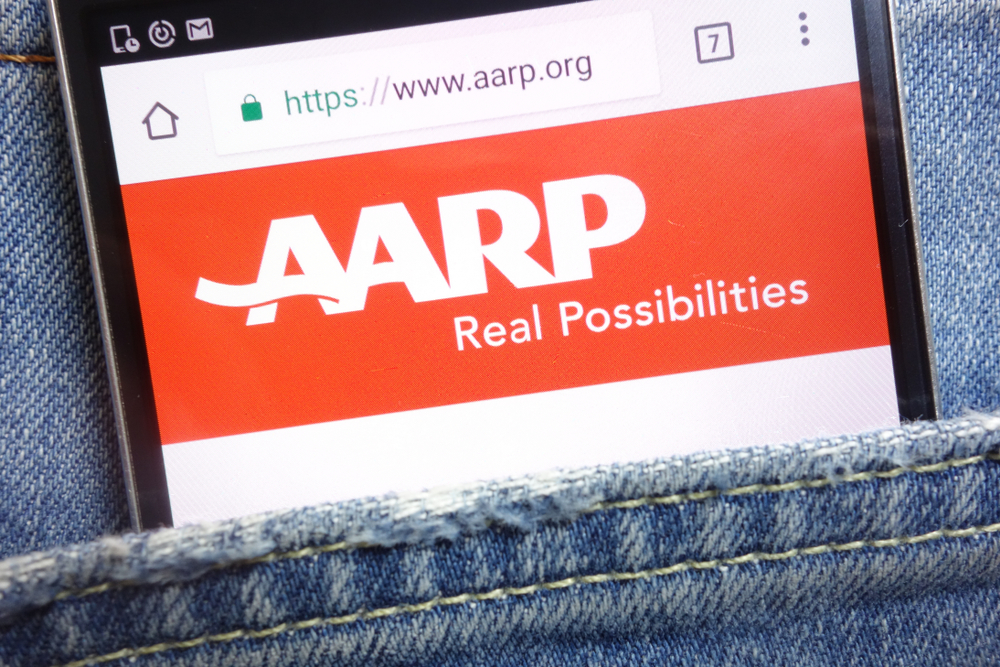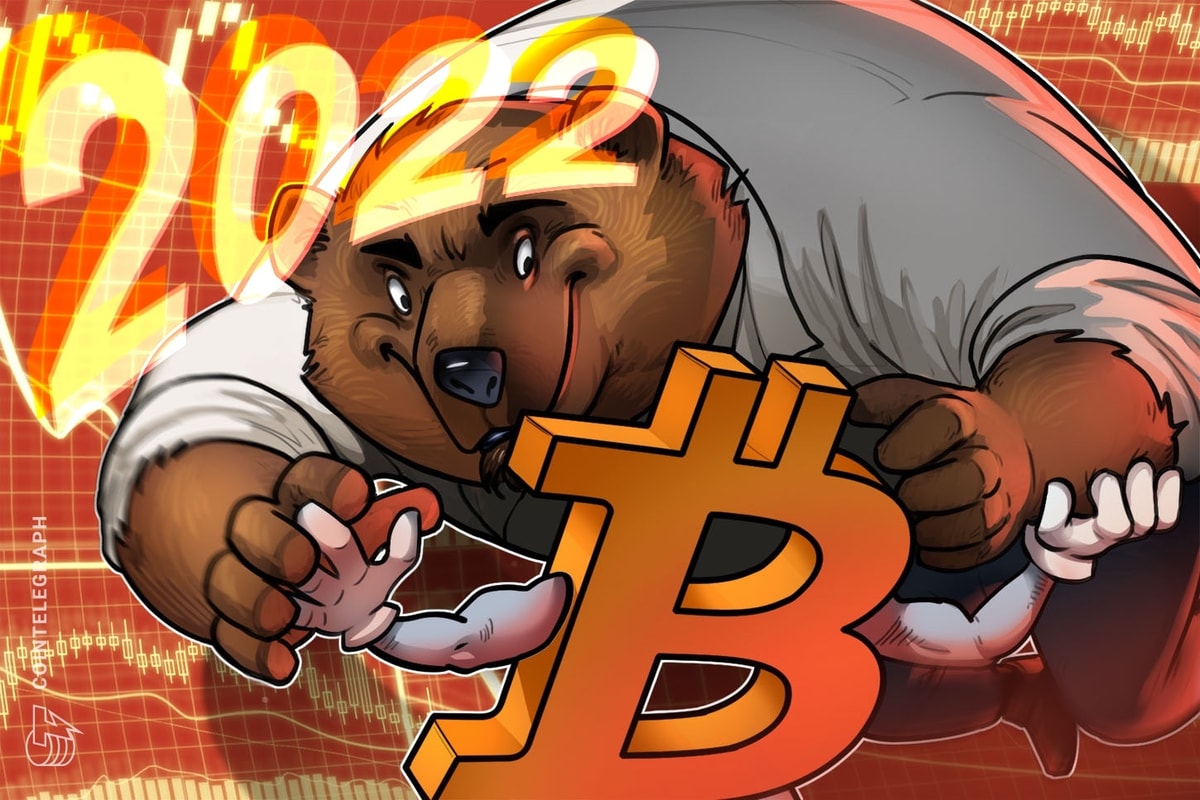Sam Altman has already changed the world once.
As CEO of OpenAI, he kicked off the artificial intelligence boom when he unleashed ChatGPT three years ago.
Now he’s trying to solve the chaos that AI created.
And last week, a tiny packaging company placed a $270 million bet that Altman’s controversial project will turn identity into the next trillion-dollar market.
The Identity Bet
Only a few days ago, Eightco Holdings’ stock was trading at about $1.40 a share.
Then it announced a $250 million private placement — plus another $20 million from a crypto mining firm — specifically to buy Worldcoin tokens.
As of this morning, its stock is trading at over $15.60 a share.
That 10X leap brings up a couple of obvious questions: What in the world is Worldcoin? And why would a public company bet its future on it?
The first answer is easy. Worldcoin, now branded simply as World, is Sam Altman’s attempt to rebuild trust on the internet.
Its entire model revolves around issuing a World ID. To get one, you stare into an Orb that scans your iris and converts it into a unique cryptographic code.
This code doesn’t store your raw biometric data. Instead, it produces a mathematical proof that you are an actual human being, not an AI agent, bot or deepfake.
The result is a digital passport that can verify you wherever you show up online.
And it’s already happening at scale. More than 33 million people across 160 countries have signed up for World IDs.
The World App, which calls itself a wallet but is closer to a digital passport on your phone, already processes over two million daily transactions. In the past week, more than half a million people verified with an Orb.
And the numbers are growing.
For good reason, too. As we’ve talked about before, the internet is running out of trust.
In the U.S. alone, reported fraud losses topped $12.5 billion in 2024.
Those numbers include everything from romance scams to phishing schemes to crypto rug pulls. And they’re all becoming increasingly more effective because of AI agents flooding social platforms with synthetic content.
Fake accounts are multiplying and deepfakes are getting harder to detect. And without a scalable way to prove who’s real, the digital world risks becoming unusable.
That’s the problem Altman is trying to solve. And it directly ties into the future of Web3.
One of the biggest reasons crypto and Web3 haven’t gone fully mainstream is due to identity.
Billions of dollars flow through crypto markets, but most of the time no one really knows who’s on the other side. That makes regulators nervous and opens the door to fraud.
Government IDs work, but they’re siloed and centralized. And wallets don’t tell anyone if you’re a real person.
What’s needed is a portable, cryptographic proof of personhood.
Worldcoin could be that solution.
You see, every time someone verifies their identity with the Orb, Worldcoin issues a token (WLD). In other words, the process of proving you’re human directly mints a financial instrument that can be traded, held or used.
It also acts as a built-in incentive for people to sign up for the program. You prove you’re human, you get a reward. And that reward is denominated in WLD.
Over time, the idea is that billions of people will do this, creating a broad distribution of the token across verified humans.
And if billions of people eventually claim WLD, then “being human” itself becomes a scarce resource that markets can price.
This is what’s driving the financial strategy behind Eightco’s $270 million investment in Worldcoin.
What Eightco is doing looks a lot like the “infinite money loop” I’ve talked about before, where companies raise capital, buy crypto, borrow against the gains…
Then rinse and repeat.
MicroStrategy has used this playbook to accumulate more than $13 billion worth of bitcoin.
Eightco is trying the same thing. But by betting on Worldcoin, it’s betting on digital identity as the catalyst for its growth.
Eightco said Worldcoin would become its primary treasury reserve asset, ahead of cash or Ethereum. It even plans to change its ticker symbol to ORBS, after the silver “Orb” devices that scan your eyeballs to generate a digital identity.
Dan Ives, one of Wall Street’s most quoted tech analysts, joined its board the same day.
And within hours, the stock ripped more than 3,000% higher, touching $45 before settling back.

Source: Yahoo Finance
This signals to me that proof-of-being-human could soon become an asset class in itself.
Of course, there are enormous risks to Eightco’s strategy. Not the least of which is that Worldcoin is facing an uphill battle with regulators.
Germany’s privacy authority ordered Worldcoin to delete its stored iris data and paused Orb scanning. Spain temporarily banned its operations. And Kenya’s courts forced the project to erase data collected from more than 300,000 citizens, ruling it violated the country’s Data Protection Act.
The optics of scanning eyeballs has also drawn criticism from some countries.
But trust is the biggest hurdle to Worldcoin’s success.
Trust in the technology, trust in the governance of the technology and trust that this isn’t just another crypto scheme.
If Worldcoin can earn that trust, then it could rewrite the internet.
Here’s My Take
Worldcoin still has to prove it can win over regulators, users and critics.
But if it succeeds, a World ID could become as fundamental to digital life as an email address.
Governments could one day adopt it for digital services. Social networks could use it to filter bots, and payments apps could use it to verify customers.
And the WLD would sit at the center of that system.
That’s why Eightco is staking its future on Worldcoin.
I find it ironic that the same man building AI powerful enough to mimic humans is also building a tool to prove you’re not a machine.
But Eightco’s $270 million bet shows why identity could start being treated as its own asset class.
And why — in a digital world flooded with AI — being able to prove you’re human might turn out to be the most valuable asset of all.
But right now, I’m MUCH more concerned with what’s happening with the Fed on Wednesday.
You see, each time the Fed slashes rates, bitcoin takes off like a rocket.
And on September 17 — just days from now — it’s about to happen all over again.
But here’s what’s absolutely critical.
The biggest gains will NOT be made in bitcoin.
I’ve identified a rare sub-niche of cryptos that could potentially skyrocket by 100X as soon as 2030.
But you need to be fast.
The last time I saw a set-up this powerful, I gave folks the chance to make as much as 11,000% in a year.
Which means what’s coming on September 17 could be the greatest wealth creation event of your lifetime.
But by this time tomorrow, the biggest gains could have already disappeared.
Regards,
 Ian KingChief Strategist, Banyan Hill Publishing
Ian KingChief Strategist, Banyan Hill Publishing
Editor’s Note: We’d love to hear from you!
If you want to share your thoughts or suggestions about the Daily Disruptor, or if there are any specific topics you’d like us to cover, just send an email to [email protected].
Don’t worry, we won’t reveal your full name in the event we publish a response. So feel free to comment away!



























